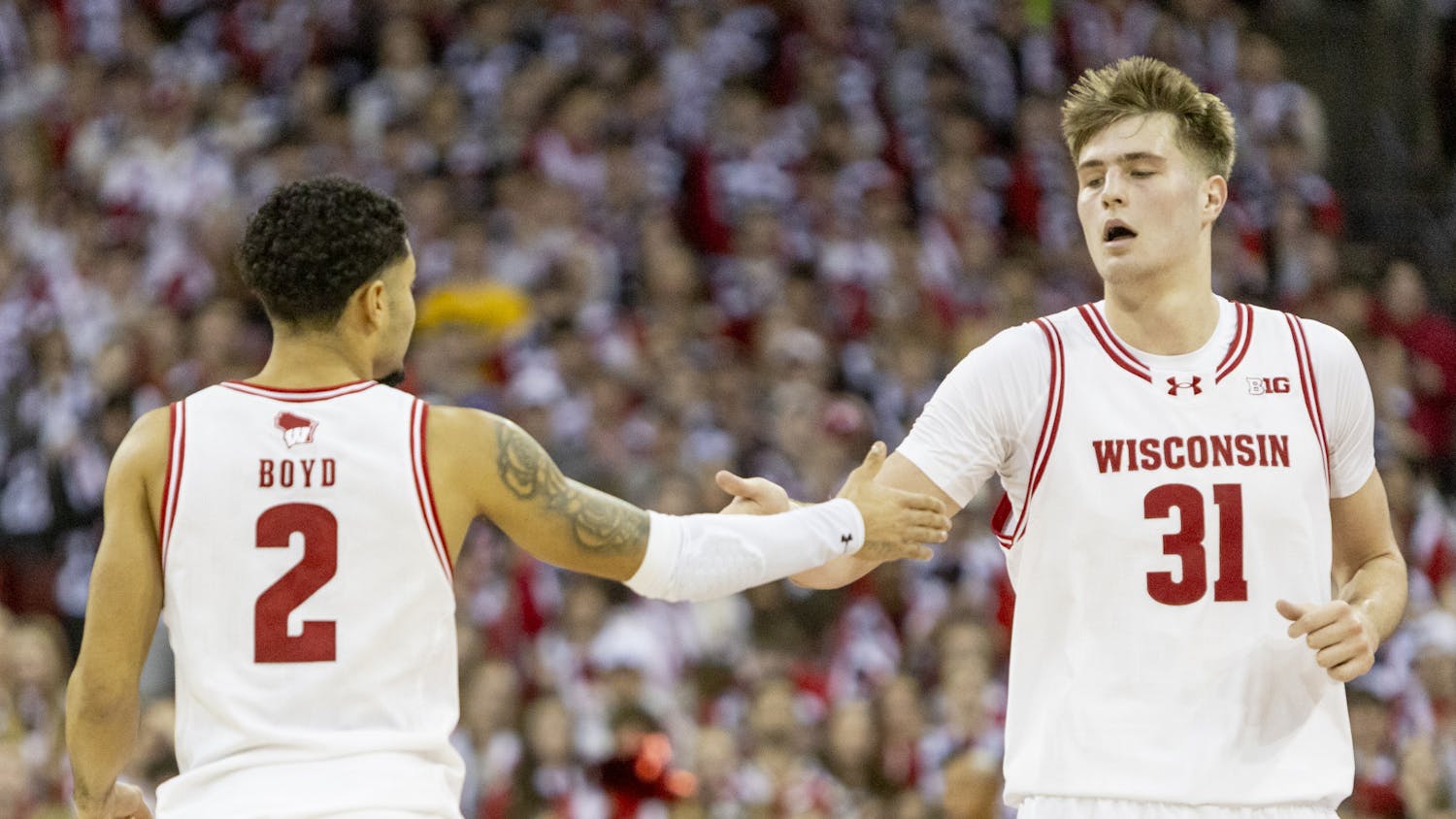Student speakers called for the return of the Division of Diversity, Equity and Educational Achievement (DDEEA) and the addition of a graduate student committee to student government at the first Associated Students of Madison (ASM) student council meeting Wednesday.
Former DDEEA scholar says few resources remain available
The University of Wisconsin-Madison officially closed the DDEEA this summer amid campus-wide budget cuts and the dismissal of Lavar Charleston, the university’s former chief diversity officer.
Amelia Alvarez, a third-year former Mercile J. Lee Scholar, said the DDEEA’s closure made her feel like “belonging was conditional.”
“For the first time in my life through the DDEEA, I was consistently surrounded by peers and mentors who culturally aligned with me…and now, this space is dismantled,” Alvarez said.
The DDEEA supported approximately 5% of the student body with “holistic academic support”, according to a letter from Chancellor Jennifer Mnookin.
Though Mnookin’s letter stated most of the DDEEA’s resources would be relocated to the Division for Teaching and Learning, Alvaraz said many services like tutoring, which she utilized, are no longer offered to the same extent after the DDEEA’s closure.
“Let’s be honest about what this really means: moving programs is not the same as sustaining a vision,” Alvarez said. “By sunsetting the DDEEA, this university negates the very idea that diversity deserves its own central protected home.”
Sidney McDuffie, the ASM secretary and a former DDEEA scholarship recipient, said the DDEEA’s “general sense of community” was a “core” experience.
“We weren't just isolated programs — we were a community,” McDuffie said.
Graduate students advocate for permanent committee
Elizabeth Anderson, a graduate student in agricultural and applied economics, spoke before the council in support of a permanent graduate student committee, saying graduate students often face specialized concerns, such as changes in health insurance, when switching between teaching assistant positions and balancing school with family life.
Graduate or professional students made up over 25% of UW-Madison’s enrollment in Spring 2025. Of those, 30% of graduate or professional students are also international students, Anderson said.
Anderson highlighted stipend increases to match cost-of-living increases, saying graduate students were struggling to find affordable housing.
Other issues included the distribution of segregated fees among the graduate student population. In particular, Anderson said only international graduate student teaching assistants are required to take a full-time load of 8 credits. Students who are enrolled full-time pay higher segregated fees, meaning international students always pay higher segregated fees.
However, international graduate student teachers assistants are considered full time at six or four credits, depending on their appointment percentages, which is the same as domestic students holding TA or PA appointments.
Anderson told The Daily Cardinal the graduate student committee plans to “prioritize what people find most useful,” but would address clear limits on teaching assistant worktime across departments.
Establishing a permanent committee requires an ASM bylaw change with a two-thirds majority over the span of two meetings. Laila McLaughlin, a graduate student and representative, said graduate students face unique exclusion challenges in smaller cohorts.
“If I have problems about inclusionary things, it doesn't mean big admin problems because my cohort is 40 people,” McLaughlin said. “It would be beneficial to have a committee that's taking on those issues, because I'm sure it happens in all of the small cohorts in our graduate schools.”
The Student Council plans to hold their next meeting on Oct. 8 at 6:30 p.m., deviating from their biweekly schedule because of the Jewish holiday of Yom Kippur.






